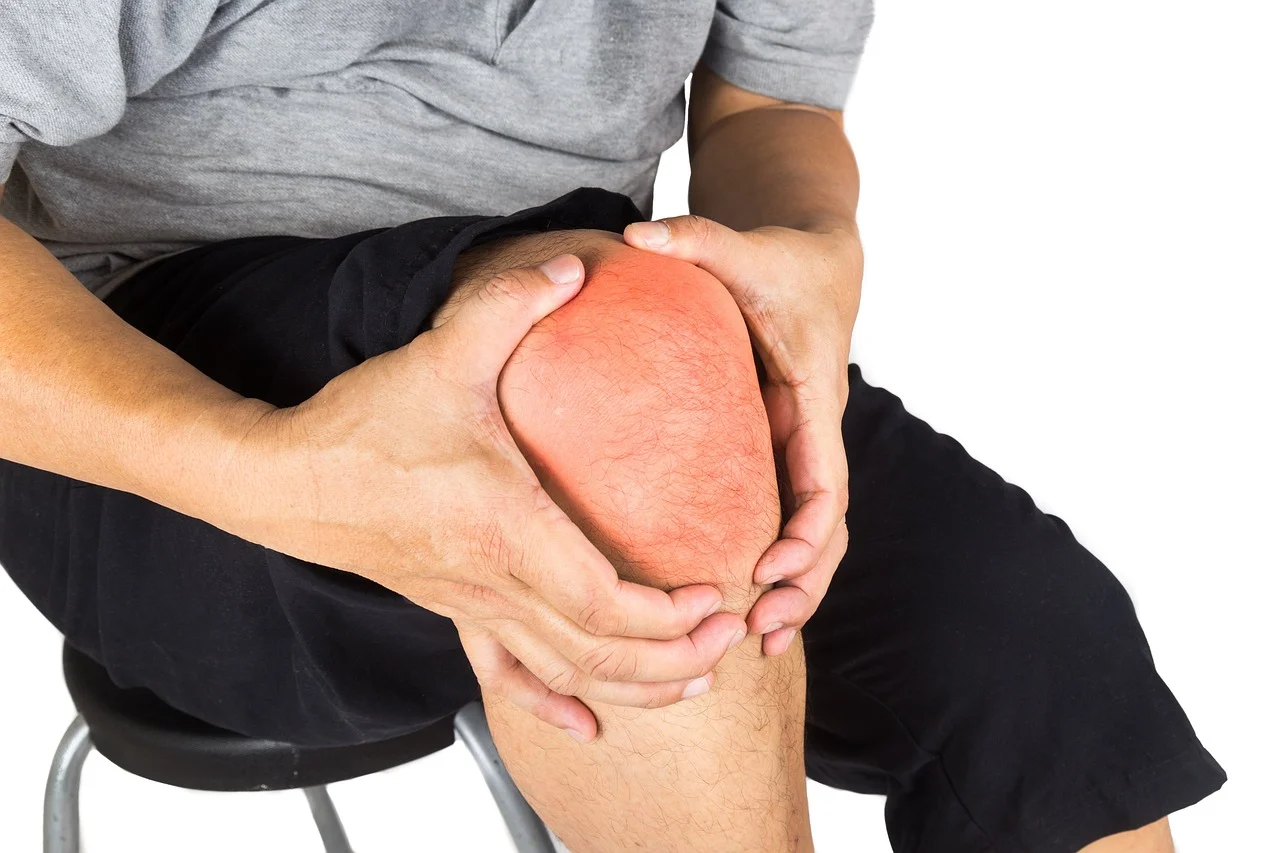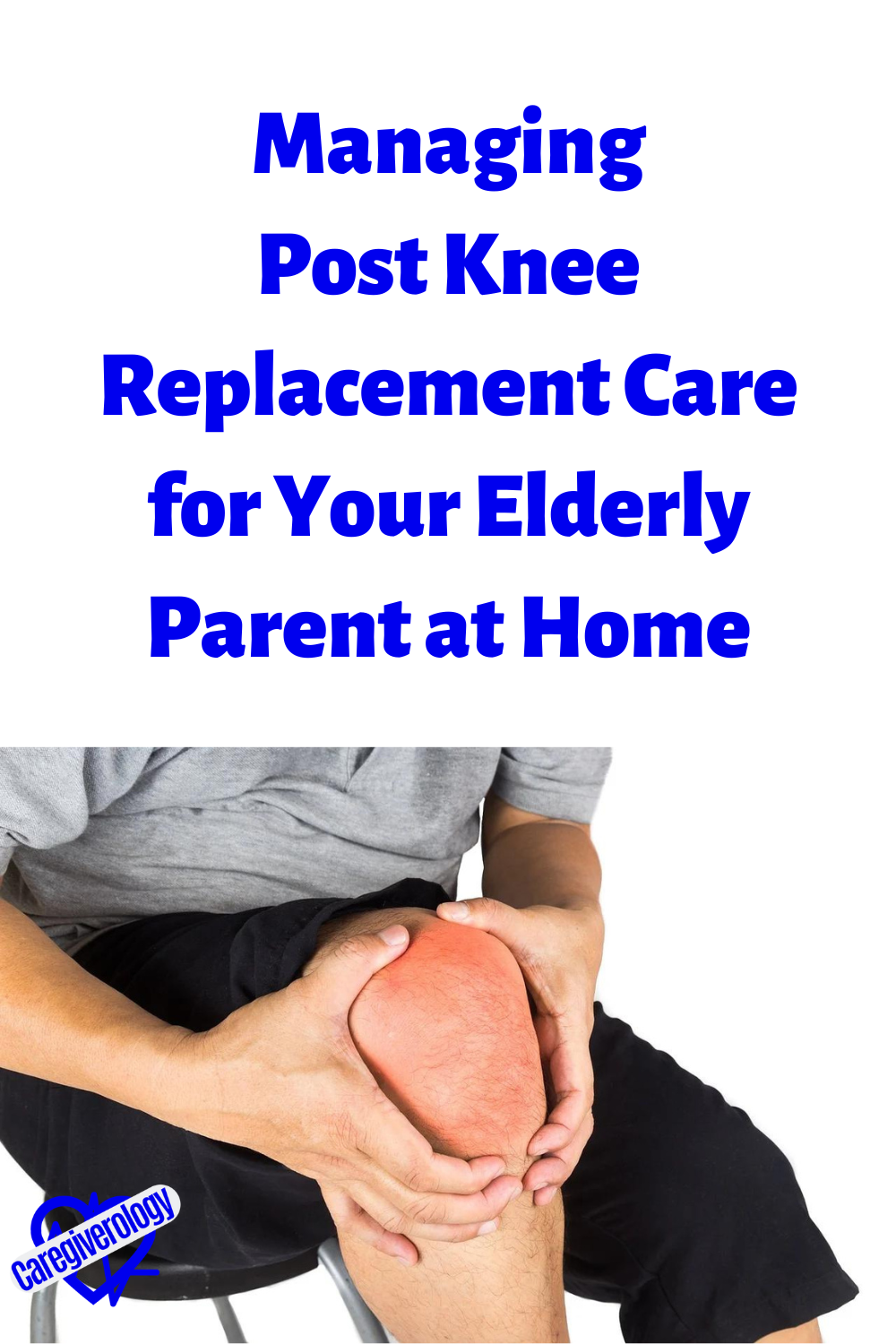Managing Post Knee Replacement Care for Your Elderly Parent at Home

Caring for your elderly parent after a knee replacement requires both a strategic plan and compassionate support to ensure a smooth recovery. With the right approach, your parent can regain mobility and enjoy an improved quality of life.
In this article, we will help you understand the recovery process and create a safe home environment. It also offers advice on providing essential emotional support during this critical period.
Understanding the Recovery Process
Cleveland Clinic notes that full recovery for knee replacement usually takes about a year, though most activities can resume in six weeks. Key factors influencing recovery include pre-surgery activity level, age, and health conditions.
To ensure recovery after surgery, it's crucial to ice and elevate the knee, keep the incision clean, and follow home exercise instructions.
Recovery typically unfolds in stages, including pain management, restoring mobility, and gradual strengthening. Each stage demands careful monitoring and support to prevent complications. By familiarizing yourself with the expected timeline and potential challenges, you can more effectively assist your elderly parent through their recovery journey.
What are the typical milestones in the recovery process?
Within the first week, patients start physical therapy and take their initial steps with assistance. By three to six weeks, many can walk independently and may even resume driving, depending on their progress. By 12 weeks, patients often see significant improvements in mobility and can return to light activities. Full recovery usually takes six months to a year and involves ongoing strength and function improvements.
Prepare the Home Environment
This may involve rearranging furniture for easier movement, installing grab bars in the bathroom, and keeping frequently used items within easy reach. A well-prepared home minimizes fall risks and fosters independence, allowing your parent to concentrate on healing and regaining strength.
Develop a Comprehensive Care Plan
This plan should include medication schedules, physical therapy routines, and regular check-ins with healthcare professionals. It’s also important to coordinate with caregivers or family members involved in the care process. A detailed care plan ensures all aspects of your parent’s recovery are addressed, facilitating a smoother healing process.
How often should follow-up appointments and evaluations be scheduled?
Follow-up appointments typically start within the first two weeks post-surgery and continue every few weeks during the initial recovery phase. The frequency may vary depending on your parent’s progress and any emerging complications. Regular check-ups help monitor healing, adjust pain management, and ensure that physical therapy is on track for optimal recovery.
Consider Hiring a Home Care Nurse
Hiring a home care nurse can be crucial in ensuring your elderly parent’s smooth recovery. A professional nurse offers expert care by managing wound care, medications, and physical therapy at home. This reduces the burden on family members and ensures your parent receives the high-quality care they need. A home care nurse provides peace of mind, knowing your parent’s recovery is being professionally managed with attention to detail.
Given the challenges of post-knee replacement recovery, it’s important to find a nurse experienced in elderly care. With the current nursing shortage, many are turning to accelerated courses like online accelerated BSN programs for non-nurses. These programs offer a rapid pathway into nursing, connecting you with skilled caregivers who can effectively support your parent’s recovery journey.
Wilkes University highlights that online nursing programs provide the flexibility of remote learning combined with hands-on experience through on-campus residencies and in-person clinical. These programs equip nurses with the skills to care for patients at all life stages and the soft skills to thrive in healthcare settings.
These programs ensure nurses are well-prepared to manage the elderly parent's home care during recovery. They offer professional and attentive support during the recovery process.
Manage Pain and Discomfort
The Lancet states approximately 20% of people experience chronic pain after knee replacement, but treatments are limited. A study with 363 participants compared a new STAR care pathway plus usual care with usual care alone. At 12 months, STAR reduced pain severity and interference (BPI scores), with a mean difference of -0.65 and -0.68, respectively. STAR was also cost-effective, showing an incremental net benefit of £1256 per QALY.
Pain can significantly impact your parent’s ability to participate in physical therapy and daily activities. Strategies for pain management include prescribed medications, ice therapy, and gentle exercises. Regular communication with your parent’s healthcare provider is essential to monitor and manage pain levels, ensuring a smoother and more comfortable recovery.
Assist with Mobility and Daily Activities
Hospital for Special Surgery states that knee replacement recovery generally spans six months to a year. Patients typically begin walking with assistance within hours of surgery and are discharged within one to two days if stable. Within three weeks, walking with crutches and performing home exercises are crucial.
Within four to six weeks, patients can usually walk 10 minutes without aids. By eight to 12 weeks, they may walk several blocks and resume hobbies. Full recovery, including strength and activity return, usually continues for up to one year.
Encourage them to perform gentle exercises as recommended by physical therapists to restore strength and flexibility. Assisting with tasks such as dressing, bathing, and meal preparation can help avoid strain on the healing knee. Proper support ensures your parent can regain independence while minimizing injury risks.
Provide Emotional and Psychological Support
A study by The Journal of Arthroplasty found anxiety and depression levels improved significantly post-total knee arthroplasty. Preoperative anxiety or depression was high (62.2%) but dropped to 77.1%, showing no anxious/depressed feelings at three months.
Poor preparedness to resume activities correlated with increased anxiety (17.7% vs. 4.4%) and depression (12.9% vs. 3.9%). Preoperative mental health and preparedness were key predictors of postoperative psychological improvement.
The journey can be mentally challenging, leading to feelings of frustration or anxiety. Offering patience, encouragement, and understanding can significantly influence their outlook. Engaging in positive conversations, spending quality time together, and involving them in enjoyable activities can greatly boost their emotional well-being.
What activities can help keep my parent engaged and mentally stimulated?
To keep your parent mentally engaged during recovery, consider activities like puzzles, reading, or light crafts that they enjoy. Encouraging social interaction through visits from friends or virtual chats can also uplift their spirits. Keeping their mind active during recovery can be achieved by listening to music or engaging in light discussions about their interests.
Home Care After Knee Replacement
Successfully managing post-knee replacement care for your parent at home involves an approach that balances physical, emotional, and psychological support. Facilitating a smoother recovery involves understanding the process, preparing the home environment, and creating a comprehensive care plan.
Whether providing direct care or hiring a professional, your involvement is crucial in ensuring your parent’s comfort, mobility, and overall well-being.
Guest Articles Written for Caregiverology
From Managing Post Knee Replacement Care for Your Elderly Parent at Home to Home
Recent Articles
-
Common Truck Crash Injuries and Legal Remedies - Caregiverology
Jul 19, 25 10:49 AM
Known for its sun-drenched beaches, vibrant arts scene, and bustling maritime industry, Fort Lauderdale is a city that sees heavy traffic both on its roads and at its busy port. Unfortunately, with th… -
Why Expert Legal Help Matters After Serious Injury - Caregiverology
Jul 19, 25 10:35 AM
In Houston, over 67,600 car crashes occurred in 2023, resulting in 290 fatalities and 1,612 serious injuries. That’s roughly 185 accidents every day. -
How Life Care Planners Support Injury Recovery - Caregiverology
Jul 19, 25 10:18 AM
In Los Angeles, life care planners play a vital role in supporting injury recovery, especially for individuals facing catastrophic injuries such as traumatic brain injuries or spinal cord damage.





New! Comments
Have something to say about what you just read? Leave a comment in the box below.